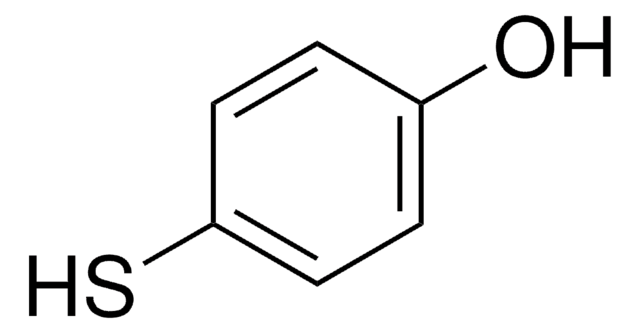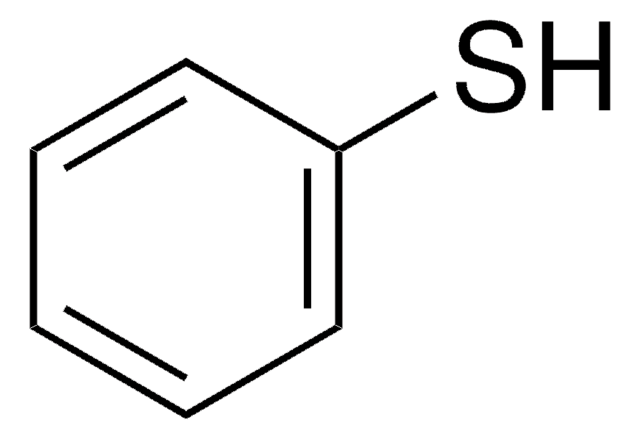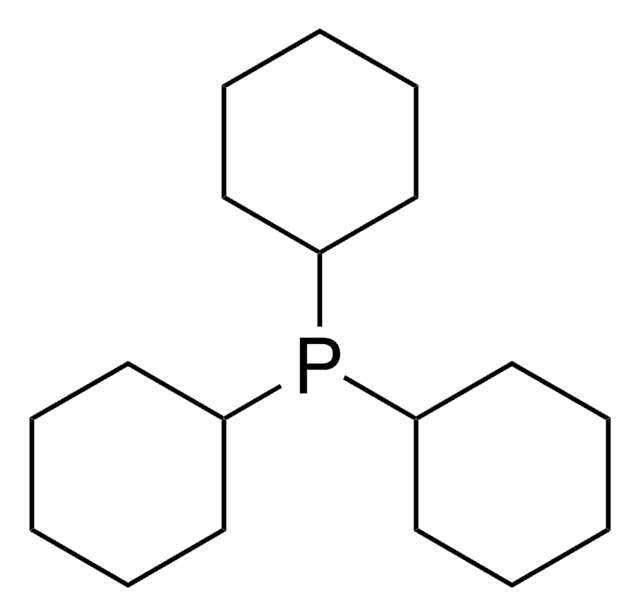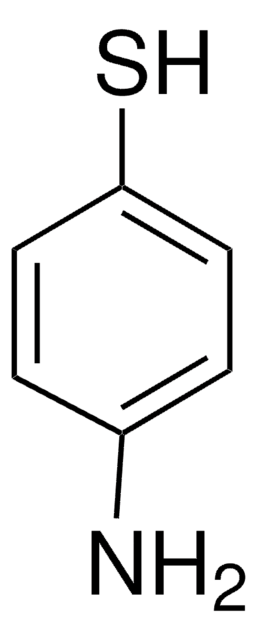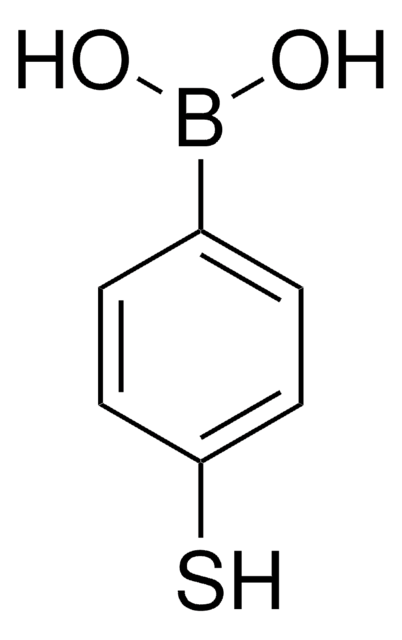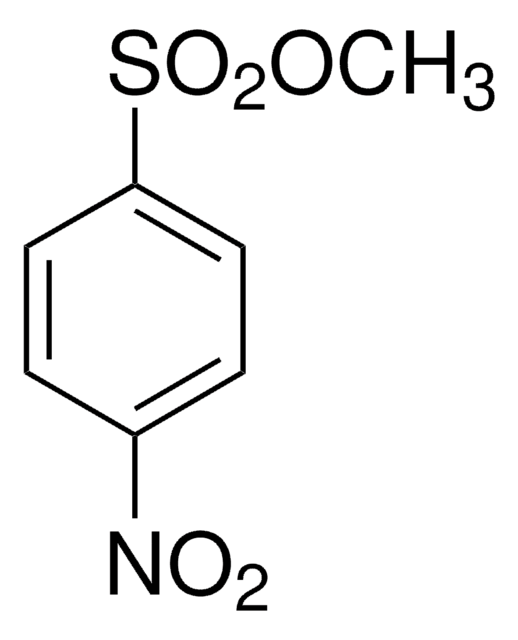653152
4-Mercaptophenylacetic acid
97%
Synonyme(s) :
(4-Carboxymethyl)thiophenol, (4-Sulfanylphenyl)acetic acid, 2-(4-Mercaptophenyl)acetic acid, 2-(4-Sulfanylphenyl)acetic acid, 4-Mercaptobenzeneacetic acid, p-Mercaptophenylacetic acid
About This Item
Produits recommandés
Niveau de qualité
Pureté
97%
Forme
solid
Pf
105-109 °C (lit.)
Groupe fonctionnel
carboxylic acid
Température de stockage
2-8°C
Chaîne SMILES
OC(=O)Cc1ccc(S)cc1
InChI
1S/C8H8O2S/c9-8(10)5-6-1-3-7(11)4-2-6/h1-4,11H,5H2,(H,9,10)
Clé InChI
ORXSLDYRYTVAPC-UHFFFAOYSA-N
Description générale
Application
It can be used:
- On-resin preparation of peptide-α thiophenylesters which are used in a chemical ligation process for the chemical synthesis of peptides.
- In one pot deprotection of (acetamido-methyl)cysteine following native chemical ligation and/or desulfurization method for the preparation of peptides.
- Palladium facilitated deprotection of N-terminal cysteine through native chemical ligation method for the preparation of synthetically challenging proteins.
Mention d'avertissement
Danger
Mentions de danger
Conseils de prudence
Classification des risques
Eye Dam. 1 - Skin Irrit. 2 - STOT SE 3
Organes cibles
Respiratory system
Code de la classe de stockage
11 - Combustible Solids
Classe de danger pour l'eau (WGK)
WGK 3
Point d'éclair (°F)
Not applicable
Point d'éclair (°C)
Not applicable
Équipement de protection individuelle
dust mask type N95 (US), Eyeshields, Gloves
Faites votre choix parmi les versions les plus récentes :
Déjà en possession de ce produit ?
Retrouvez la documentation relative aux produits que vous avez récemment achetés dans la Bibliothèque de documents.
Les clients ont également consulté
Notre équipe de scientifiques dispose d'une expérience dans tous les secteurs de la recherche, notamment en sciences de la vie, science des matériaux, synthèse chimique, chromatographie, analyse et dans de nombreux autres domaines..
Contacter notre Service technique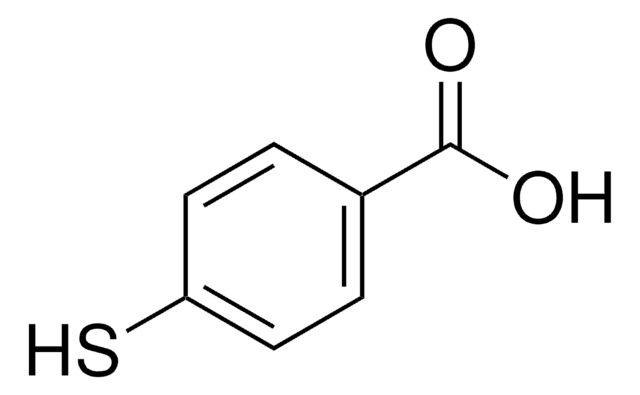

![[Pd(OAc)2]3 reagent grade, 98%](/deepweb/assets/sigmaaldrich/product/structures/508/249/99a0ef2c-b77c-4d73-8ed9-0cca05b6b41f/640/99a0ef2c-b77c-4d73-8ed9-0cca05b6b41f.png)
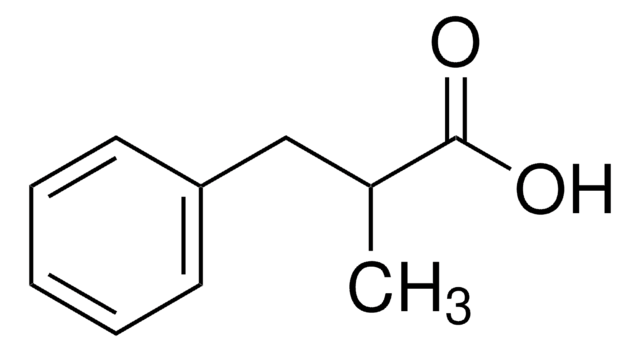
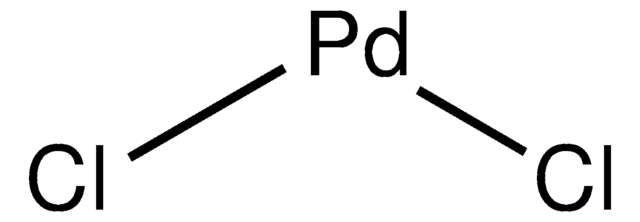
![(Ir[dF(CF3)ppy]2(dtbpy))PF6](/deepweb/assets/sigmaaldrich/product/structures/982/913/02dd8ddd-6deb-40a0-ab9b-07b18f1abb09/640/02dd8ddd-6deb-40a0-ab9b-07b18f1abb09.png)
